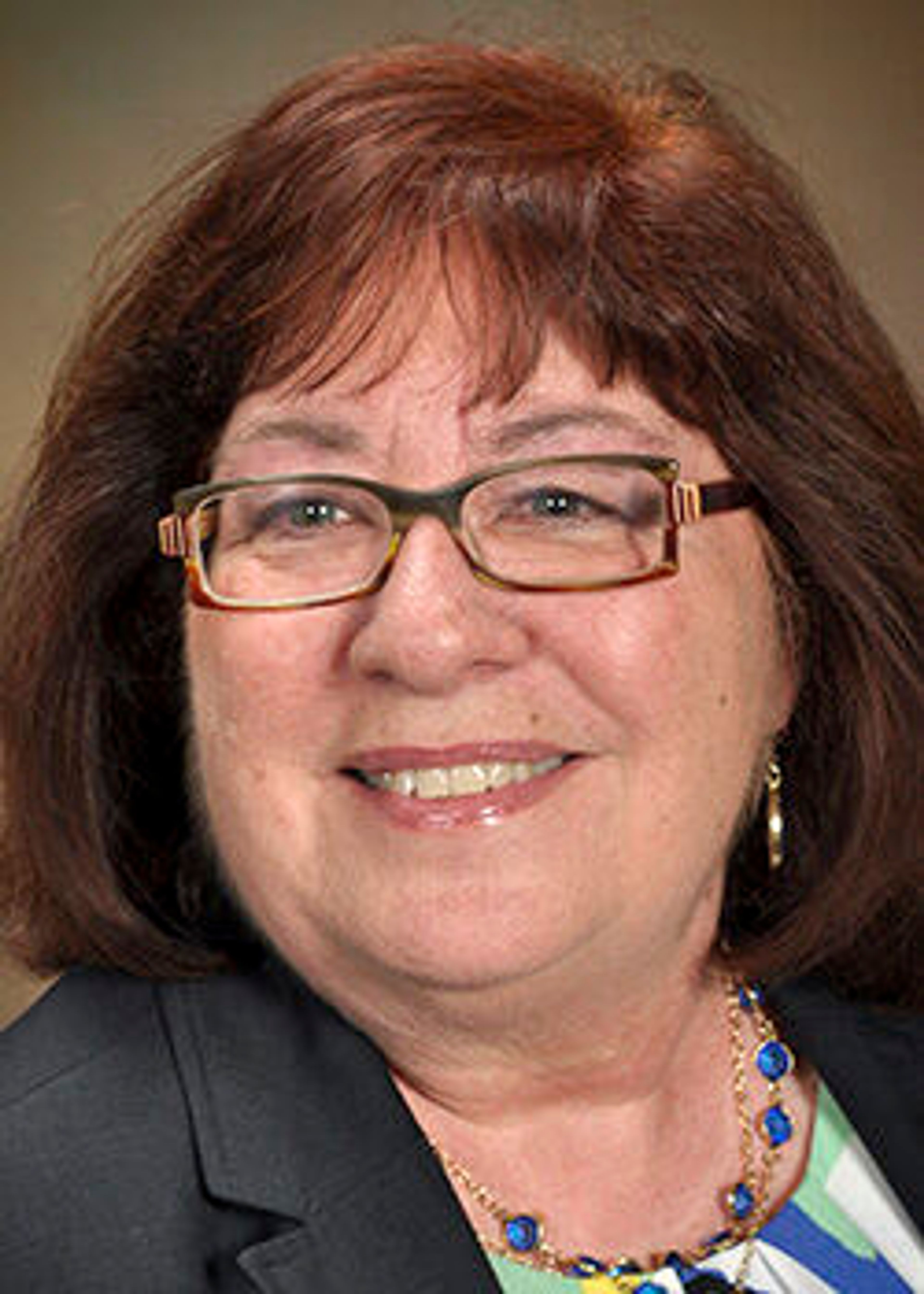Welcome to the eating season.
Most dietitians call the time zone between Halloween and the Super Bowl America’s “eating season,” meaning we always seem to have a lot of food around. That makes sense, food is a social thing for most of us during the holidays.
However, for many in our community, this season is exceptionally difficult because they have little to no food in the house. The Environmental Protection Agency lists Moscow as a food desert for many. In Washington, one third of all households’ face food insecurity.
Fortunately for our area, there are places hungry people can find food. In Moscow, there are three: the West Side Food Pantry on the Pullman Highway run by nonprofit Inland Oasis, the Moscow Food Bank operated by St. Mary’s Catholic Church on N. Polk Street and the Vandal Food Pantry on the University of Idaho campus. Pullman residents can use Pullman Child Welfare on Stadium Way, plus there are additional food banks in Asotin and Potlatch.
But while all food pantries/banks need help, not all need the same types of products.
The West Side Food Pantry is an example of the issues. The pantry has grown from feeding a few families a month in 2020 to more than 2,000 people per month today. Even with the help of local stores and regular contributors, keeping shelves stocked is a problem, said Janna Jones, West Side Pantry director.
Most food bank or pantry directors say many people don’t think about going beyond the idea of mac and cheese, peanut butter and tuna. They don’t consider people also need fresh or canned fruits and vegetables, condiments (ketchup, salt and pepper, mustard), prepackaged baked goods, mixes for cakes or breads, and long-storage items such as instant potatoes and pasta.
Other things donors don’t consider include food intolerance issues, such as wheat, nut and egg allergies, and checking to see if personal hygiene products (soaps, shampoos, deodorants) are accepted.
Most people may not realize delivering food at a pantry or food bank comes with numerous health and safety requirements. All food must be protected so it is not contaminated. Jones said a major issue is people donating items which have already been opened, which cannot be accepted. Still another problem is people simply dumping a box at the door when the pantry is closed; if it rains or snows, it ruins the products. “We throw away a lot because of this,” she said.
Like the West Side, the Moscow Food Bank at St. Mary’s caters to anyone, said director Linda Nickels. Nickels said this time of year the food bank needs all items, especially canned goods and boxed meals since it has been a while since the city has held a food drive.
Nickels said nonperishable foods can be dropped off at the Parish Family Center, but donations of perishable foods need an appointment and people are asked to either call to set a drop-off time or come while the Food Bank is open.
At the University of Idaho’s Vandal Food Pantry, there is always a need for peanut butter and boxed meal kits, said Sandra Kelly with the Department of Student Involvement.
Kelly said many people donating to the Vandal pantry treat it as if they would a regular food bank, but students have more limited means for cooking, so cans of beans and corn don’t get picked up. Instead, she said, peanut butter, tomato paste for pasta sauce and box meals are in high demand.
Operating hours for each of the food services differ. The hours for the West Side Food Pantry can be found at the pantry’s Facebook page. The West Side’s hours are determined by the availability of volunteers to staff the shop. The Moscow Food Bank at St. Mary’s is open 2-4 p.m. Tuesdays through Fridays. The Vandal Food Pantry is open 8:30 a.m. to 4:30 p.m., Monday through Friday.
Food and cash donations are welcome at all locations when they are open, the Vandal Food Pantry also has a collection box outside the door at 105 Shoup Hall.
So, enjoy this eating season. And just maybe, donate some food or money to help our neighbors in need appreciate it as well.
Tallent was a journalism faculty member at the University of Idaho for 13 years before her retirement in 2019. She is of Cherokee descent and is a member of both the Indigenous Journalists Association and the Society of Professional Journalists. She also writes for Faith and Values News (spokanefavs.com).








